Understanding the Concept of Fully Self-Contained Travel Trailers
A fully self-contained travel trailer represents the apex of camping convenience, combining mobility with essential living facilities suited for diverse outdoor environments. These trailers are designed to allow occupants to enjoy the comforts of home while exploring the great outdoors. With a spectrum of designs and layouts, fully self-contained travel trailers cater to a wide range of users, from solo adventurers to large family campers.
Key Features of Fully Self-Contained Travel Trailers
| Feature | Description |
|---|---|
| Water Supply System | Equipped with a fresh water tank, providing a capacity ranging from 20 to 100 gallons (or more) based on the model. |
| Waste Management | Often includes a black water tank for sewage and a gray water tank for shower and sink drainage, allowing independent camping. |
| Electrical System | Comes with a built-in battery and charging system allowing for the operation of lights, appliances, and HVAC systems. |
| Kitchen Facilities | Outfitted with a kitchenette, usually comprising a stove, refrigerator, cabinetry, and possibly a microwave. |
| Bathroom Amenities | Many models include a full or half bathroom with a shower, toilet, and sink for complete privacy and convenience. |
| Climate Control | Features such as air conditioning and heating systems enable comfortable living in various weather conditions. |
| Sleeping Quarters | Ranges from simple fold-out beds to luxurious king-sized beds with separate sleeping areas. |
Understanding these key features gives potential buyers the insight necessary to discern the advantages offered by fully self-contained travel trailers.

Choosing the Right Fully Self-Contained Travel Trailer for Your Needs
Selecting the ideal travel trailer involves evaluating specific considerations tailored to individual lifestyles and travel objectives. We must dissect these considerations methodically to illustrate the decision-making process.
1. Size and Layout
The first pivotal factor to consider is the size of the travel trailer, which directly influences its livability and towing capability.
| Size Category | Description | Ideal Users |
|---|---|---|
| Compact (Under 20ft) | Easy to tow, maneuverable | Solo travelers or couples seeking minimalism |
| Mid-Size (20ft-30ft) | Balanced space and weight | Small families or groups on extended trips |
| Large (30ft+) | Maximum amenities and comfort | Families prioritizing extensive living space |
2. Comprehensive Amenities
When assessing a travel trailer, explore the comprehensive amenities provided within your chosen model. Comparative studies of different models can aid significantly in clarifying preferences.
Kitchen Appliances:
- Quality and type of cooking appliances (propane, electric, etc.)
- Size and energy-efficiency of refrigerators.
Bathroom Features:
- Size of bathroom space and shower enclosures.
- Presence of a toilet; options for composting toilets also available.
Sleeping Arrangements:
- Layout variation: Murphy beds, bunk beds, or expandable slide-outs.
- Storage options beneath beds and inside wardrobes.
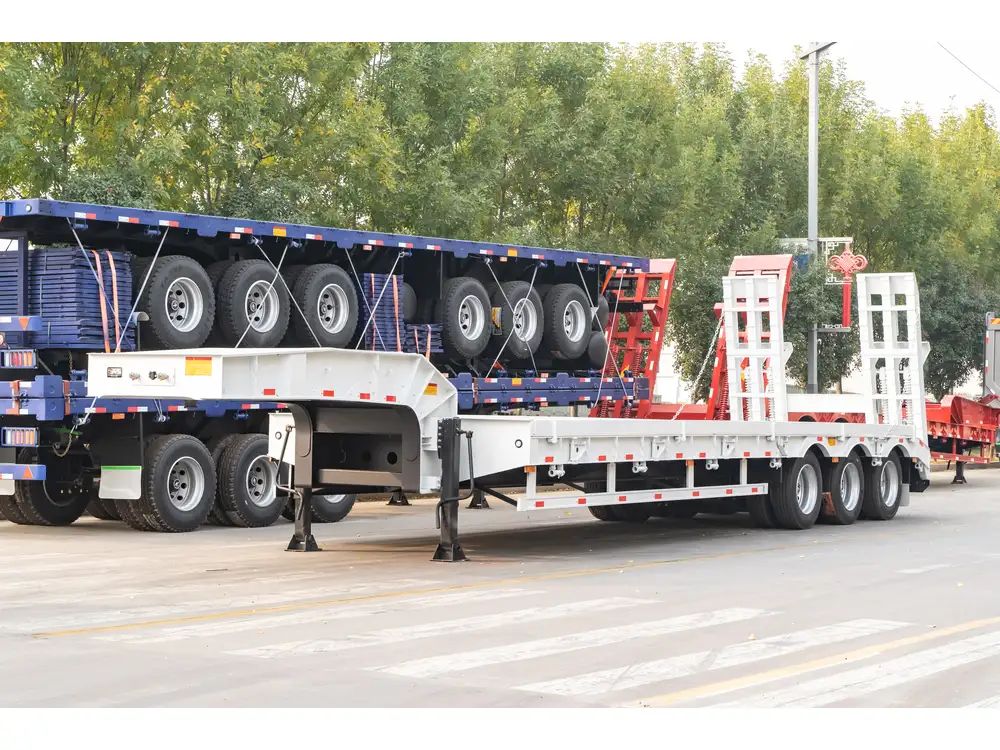
3. Material and Build Quality
The construction quality sidesteps short-term attractiveness; durability is paramount.
Materials Used:
- Compare aluminum framing vs. wooden structures.
- Insulation standards for heat retention and noise reduction.
Weather Resistance:
- Check ratings for water resistance and overall durability in different climates.
4. Weight and Towing Capacity
Understanding the weight specifications is a cornerstone aspect of trailer selection.
- GVWR (Gross Vehicle Weight Rating): Ensure your vehicle’s towing capacity meets or exceeds the trailer’s GVWR.
- Dry Weight: Knowledge of dry weight aids in gauging potential cargo capacity.
5. Budget Considerations
Establishing a budget is critical; it can significantly guide the type of travel trailer you decide upon.
- Initial Costs: Research various models and their price ranges.
- Maintenance Costs: Factor in annual maintenance, insurance, and potential storage fees.
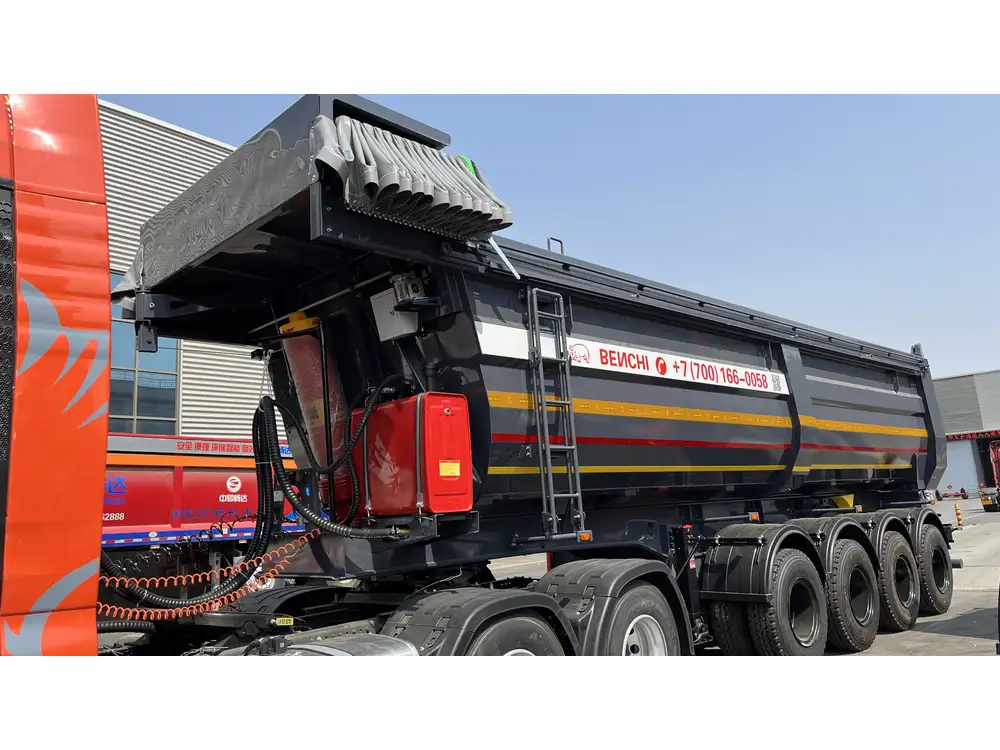
Pros and Cons of Fully Self-Contained Travel Trailers
Understanding the benefits and drawbacks can aid potential owners in making informed choices.
Advantages
Mobility and Freedom:
- The ability to travel and park anywhere enhances the camping experience.
Convenience:
- Fully equipped kitchens and bathrooms drastically reduce the logistics of camping.
Cost Savings:
- Long-term investments prove economically sound when compared to frequent hotel costs.
Comfort:
- Homely accommodations allow for a better quality of life while adventuring.
Disadvantages
Initial Investment:
- Higher upfront costs compared to pop-up or traditional tents.
Maintenance:
- Require ongoing maintenance to ensure systems remain functional over time.
Towing Limitations:
- Requires a suitable towing vehicle, impacting overall vehicle selection and use.
Storage Space:
- Finding adequate storage space during periods of non-use can present logistical challenges.
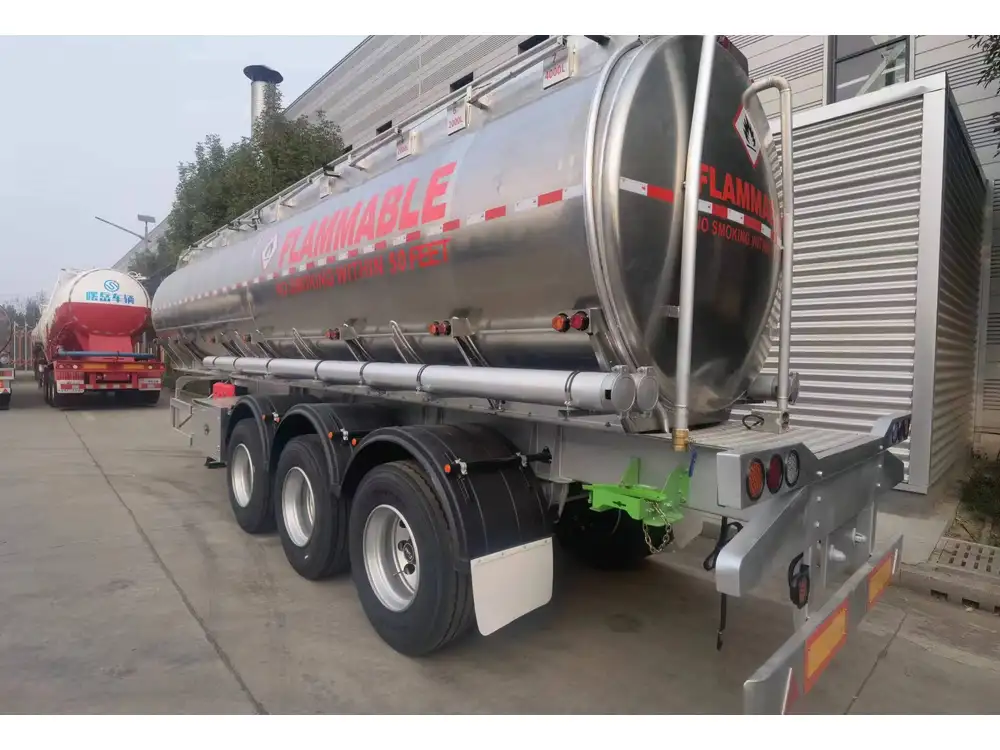
Popular Brands and Models of Fully Self-Contained Travel Trailers
When entering the marketplace, it’s crucial to consider reputable brands known for their reliability and quality. Below is a compilation of some exemplary manufacturers and notable models.
| Brand | Notable Models | Highlights |
|---|---|---|
| Airstream | Airstream Basecamp, Airstream Classic | Iconic design, durable aluminum exteriors, quality interiors. |
| Jayco | Jay Feather, Jay Flight | Affordable, variety of configurations, reliable customer service. |
| Forest River | Rockwood Mini Lite, Surveyor | Lightweight options ideal for towing, spacious layouts. |
| Keystone | Passport, Cougar | Innovative storage solutions, diversified floor plans. |
| Winnebago | Micro Minnie, Ascend | Multifunctional designs, emphasis on aesthetic appeal. |
Delving into customer reviews and brand histories can further consolidate buying confidence.
Serious Maintenance Tips for Fully Self-Contained Travel Trailers
To extend the lifespan and efficiency of your investment, adopting a proactive approach towards maintenance is vital. Follow the systematic considerations outlined below:
Regular Inspections
- Roof Maintenance: Check sealing and caulking annually to avert leaks.
- Wheel and Tire Check: Examine tire pressure and tread regularly, and inspect wheel bearings for wear.
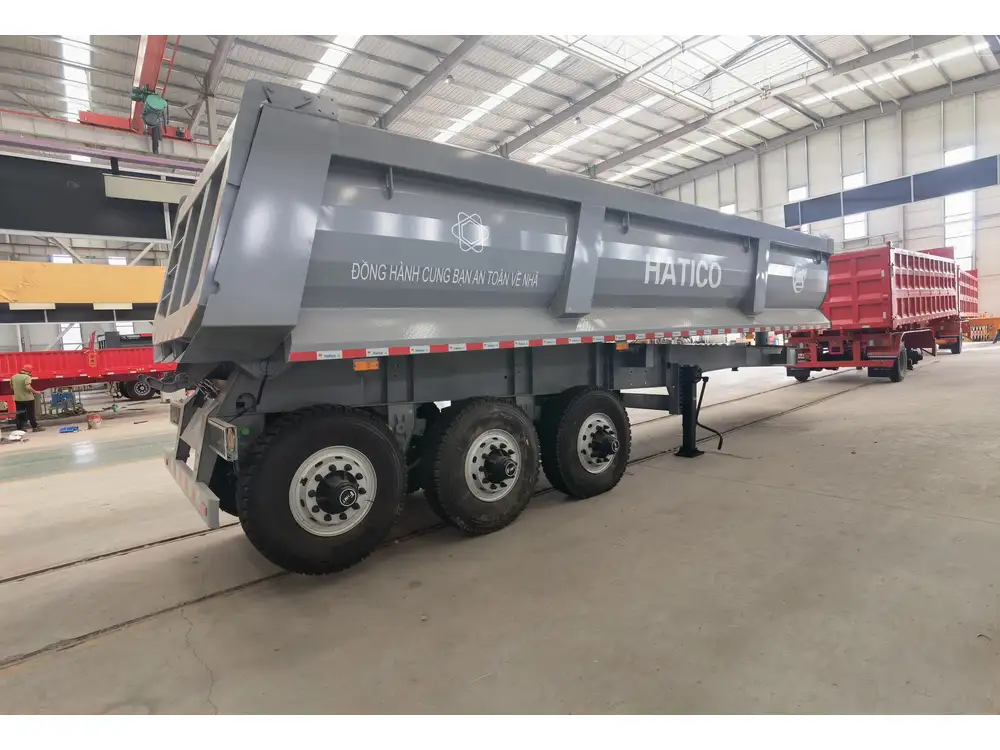
Electrical Systems
- Regularly test battery life and replace if necessary.
- Inspect wiring and connectors for degradation.
Plumbing Systems
- Flush the water system using a cleaning solution at the beginning and end of every season.
- Winterize your plumbing to avoid freezing-related damage.
Cleaning and Upkeep
- Regularly clean the kitchen and bathroom to prevent mildew and sanitary issues.
- Vacuum carpets and clean surfaces to maintain a healthy living environment.
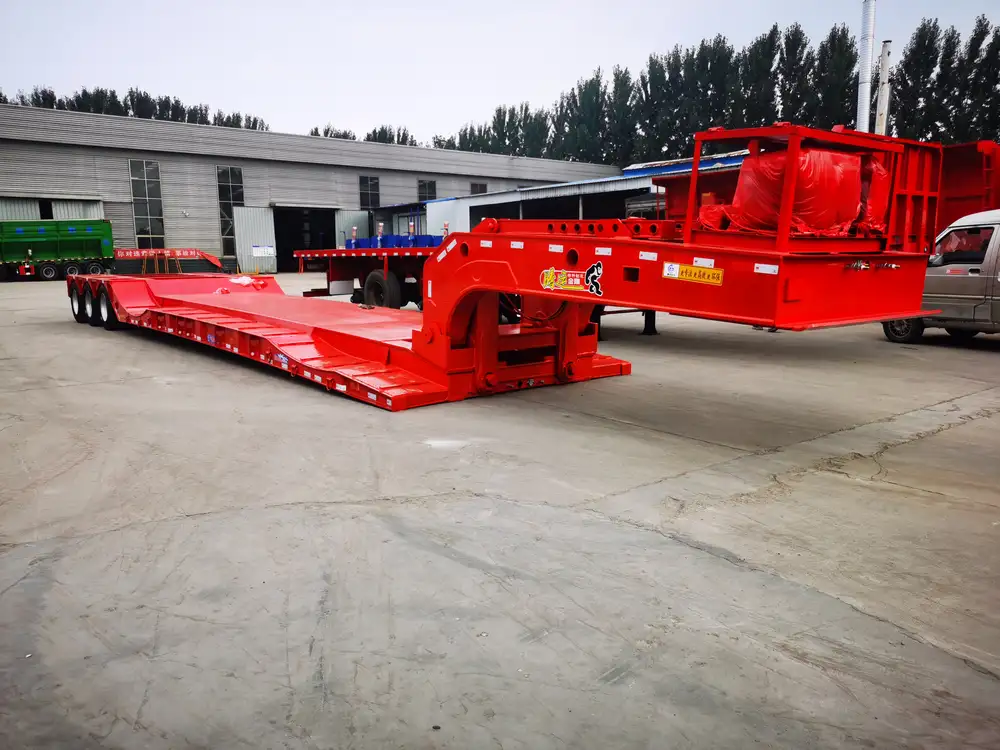
Conclusion
In summation, a fully self-contained travel trailer stands as a versatile option for those craving adventure without sacrificing comfort and convenience. Through careful consideration of size, amenities, quality, and brand reputation, prospective buyers can make informed decisions, ensuring a rewarding investment. By understanding the associated maintenance, one can further enhance their journey, transforming experiences into cherished memories.
With this comprehensive coverage on fully self-contained travel trailers, all elements have been dissected to aid potential buyers in making an educated choice fitting their unique lifestyle. Whether it’s a short weekend getaway or a long-term expedition, having the right travel trailer can truly enrich your outdoor adventures.



